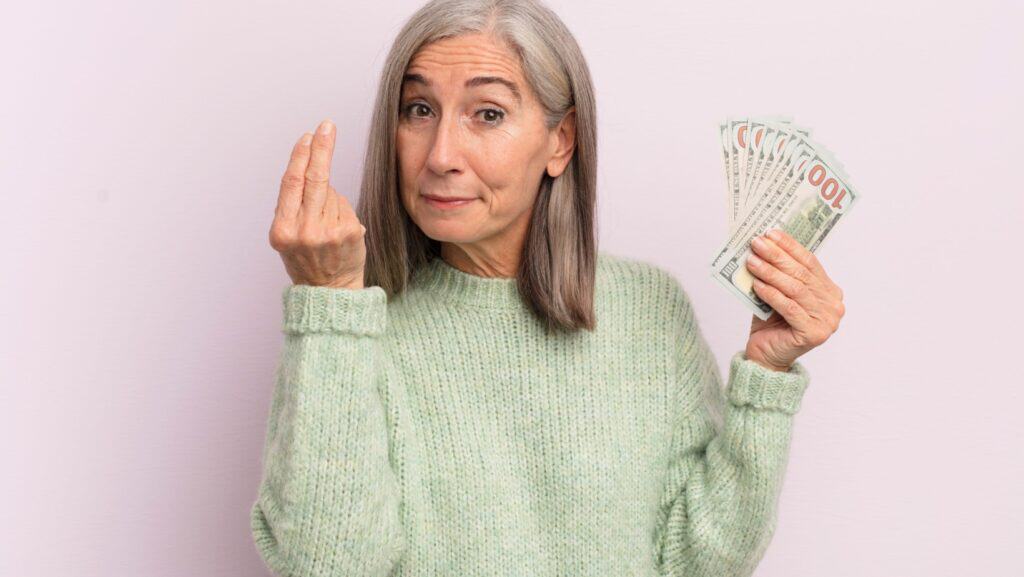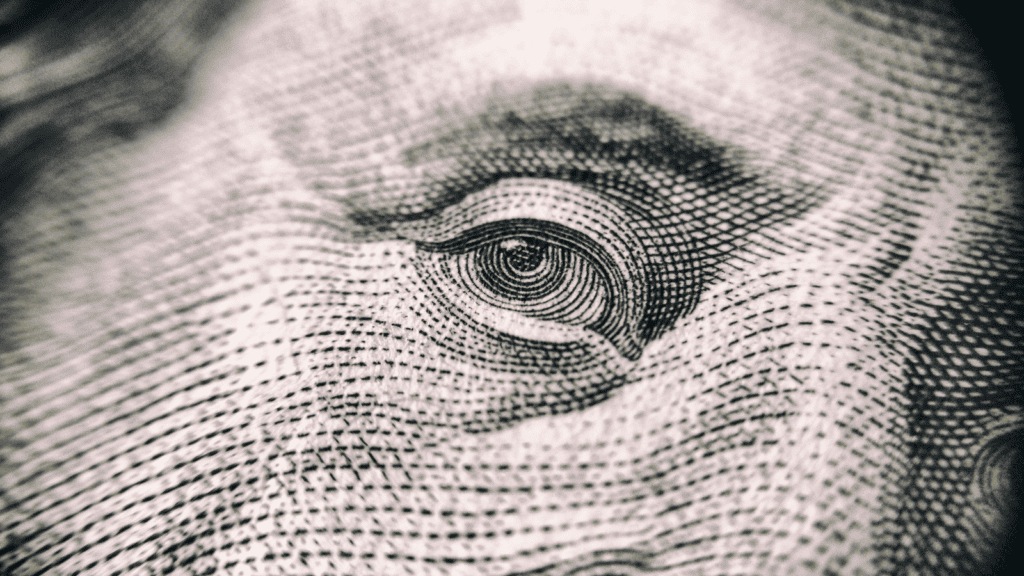
Bringing a pet into your home is a huge commitment—emotionally, physically, and financially. While we love our furry companions, the reality is that pet ownership comes with a price tag that many people underestimate. Whether you’re considering adopting a dog or a cat, understanding the annual costs involved can help you budget and ensure you can provide the best care for your pet. So, let’s break it down.
Initial Costs vs. Ongoing Costs

When you first get a pet, there’s an upfront investment that includes adoption or breeder fees, vaccinations, spaying or neutering (although more and more science is suggesting doing this later on- you can read about that here), and initial supplies like a bed, leash, litter box, and food bowls. These can add up quickly, often ranging from a few hundred to well over a thousand dollars. But after that, the ongoing costs take center stage—food, vet care, grooming, and even pet insurance.
The Annual Cost of Owning a Dog

Dogs, being slightly higher maintenance than cats, generally cost more. The size, breed, and health of your dog also impact your expenses, but here’s a ballpark estimate for the average annual costs:
Food: $500 – $1000

Dogs need high-quality food to stay healthy, and the cost varies depending on the brand and size of your dog. Larger breeds eat more, meaning food costs climb quickly. Dog food costs have skyrocketed in the last few years. An average price of a can of decent dog food is $4 a can. Fresh food and raw meals will be much higher.
Vet Bills: $200 – $1,500+

Even a healthy dog needs regular check-ups, vaccines, and flea/tick preventatives. If your dog has health issues or emergencies, you could easily spend thousands more. Most vet visits for vaccines, health checks and basic care can easily run you $250 or more a visit.
Read: Understanding The Surge In Veterinary Costs
Grooming: $80 – $600

Some dogs, like Poodles and Shih Tzus, require professional grooming every few weeks. Short-haired breeds may only need the occasional bath at home.
Pet Insurance: $200 – $900

If you opt for pet insurance, it can help cover unexpected medical costs, but the monthly premiums vary depending on breed, age, and coverage level.
Read: Pet Insurance 101: Everything You Need To Know
Toys & Accessories: $50 – $200

A bored dog is a destructive dog, so chew toys, puzzle feeders, and durable bones are must-haves.
Boarding, Daycare, or Pet Sitting: $100 – $500+

If you travel, you’ll need to budget for boarding or pet sitting, which can get pricey, especially during holidays. Or, perhaps you need regular doggy daycare?
Training: $100 – $500

Puppy classes or behavioral training can be essential, especially for first-time dog owners.
Total Estimated Annual Cost for a Dog: $1000 – $4,000+

The range is broad because factors like breed, location, and medical needs influence expenses. Large breeds, for example, typically have higher food and medical costs.
The Annual Cost of Owning a Cat

Cats tend to be lower maintenance than dogs, but they still come with financial responsibilities. Here’s what you can expect to spend:
Food: $200 – $600

Like dogs, cats benefit from high-quality food, and specialized diets for health conditions can cost more.
Vet Bills: $100 – $1,000+

Routine check-ups, vaccinations, flea treatments, and dental care add up. Emergency care can push the bill significantly higher.
Litter & Supplies: $150 – $500

Cats need litter, litter boxes, scratching posts, and bedding. Some cat owners prefer premium litter that reduces odor and dust, which costs more.
Pet Insurance: $100 – $600

Cats generally have lower insurance costs than dogs, but older cats or certain breeds prone to health issues can drive up premiums.
Grooming: $0 – $200

Most cats groom themselves, but long-haired breeds like Maine Coons may need occasional professional grooming.
Toys & Accessories: $30 – $100

Cats love to play, and interactive toys, scratching posts, and climbing trees help keep them entertained.
Boarding or Pet Sitting: $50 – $300+

If you travel, cat boarding or hiring a pet sitter can add to your annual expenses.
Total Estimated Annual Cost for a Cat: $630 – $3,300+

Cats are generally more budget-friendly than dogs, but high medical bills can quickly change that.
Unexpected Expenses: The Wild Card in Pet Ownership

While these estimates give you a general idea, pet ownership comes with surprises. Medical emergencies, unexpected dietary needs, and household damage (hello, chewed-up couch corners) can significantly impact your budget. It’s always a good idea to have an emergency fund for your pet.
Ways to Save Money on Pet Care

If these numbers make you nervous, don’t worry! There are ways to be a responsible pet owner while keeping costs in check:
- Buy in bulk. Purchasing food and litter in larger quantities often saves money.
- DIY grooming. If your pet allows it, bathing and trimming at home can reduce grooming costs.
- Compare vet prices. Some clinics offer wellness plans or discounts on routine care.
- Invest in preventive care. Keeping up with vet visits and dental cleanings can prevent more expensive issues later.
Health Guarantees From Breeders?

You might think it would be more economical to adopt an animal, rather than buy. There are many aspects to consider. Reputable breeders will have their studs and dams fully health tested, and the puppies will have been thoroughly health screened. While this is never a 100% guarantee, nothing is, and it certainly is a great place to start.
This will depend on breed. Do your research. Find the parent club of whatever breed you are interested in to find out what health tests should have been done when you are interviewing breeders. For instance, in my breed, miniature bull terrier, the stud and dam will have genetic health screenings for those medical issues that are known in our breed; they will have cardiac echo doppler screening; their UP/UC values for kidneys will be checked, as will their patellas. The puppies will have the genetic tests done before they are placed in homes, and they will have hearing tests. And any puppy, for its lifetime, can come back to the breeder for any issue whatsoever.
Final Thoughts: Is It Worth It?

Owning a pet isn’t cheap, but for most people, the companionship, love, and joy they bring make every penny worth it. Before bringing a dog or cat into your home, it’s crucial to budget accordingly and ensure you’re financially prepared for the commitment. With careful planning, you can give your furry friend a happy, healthy life without breaking the bank.
We have a fantastic collection of dog and cat content you may want to explore! Click here!







